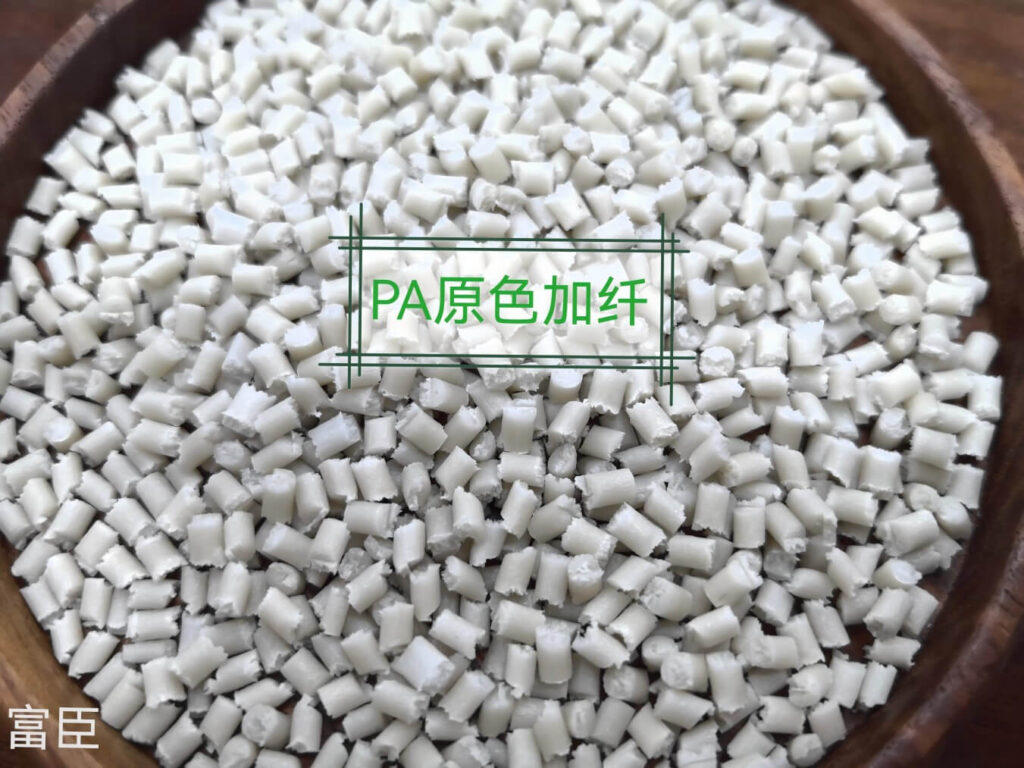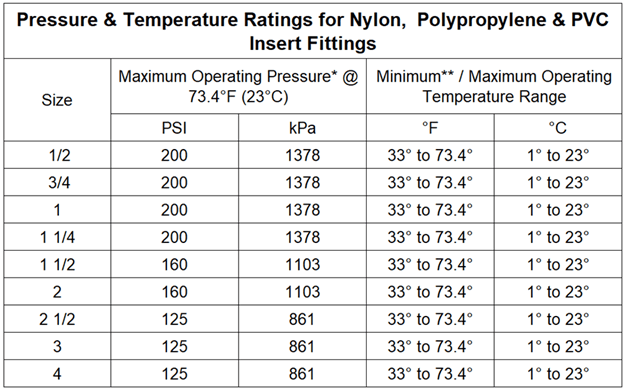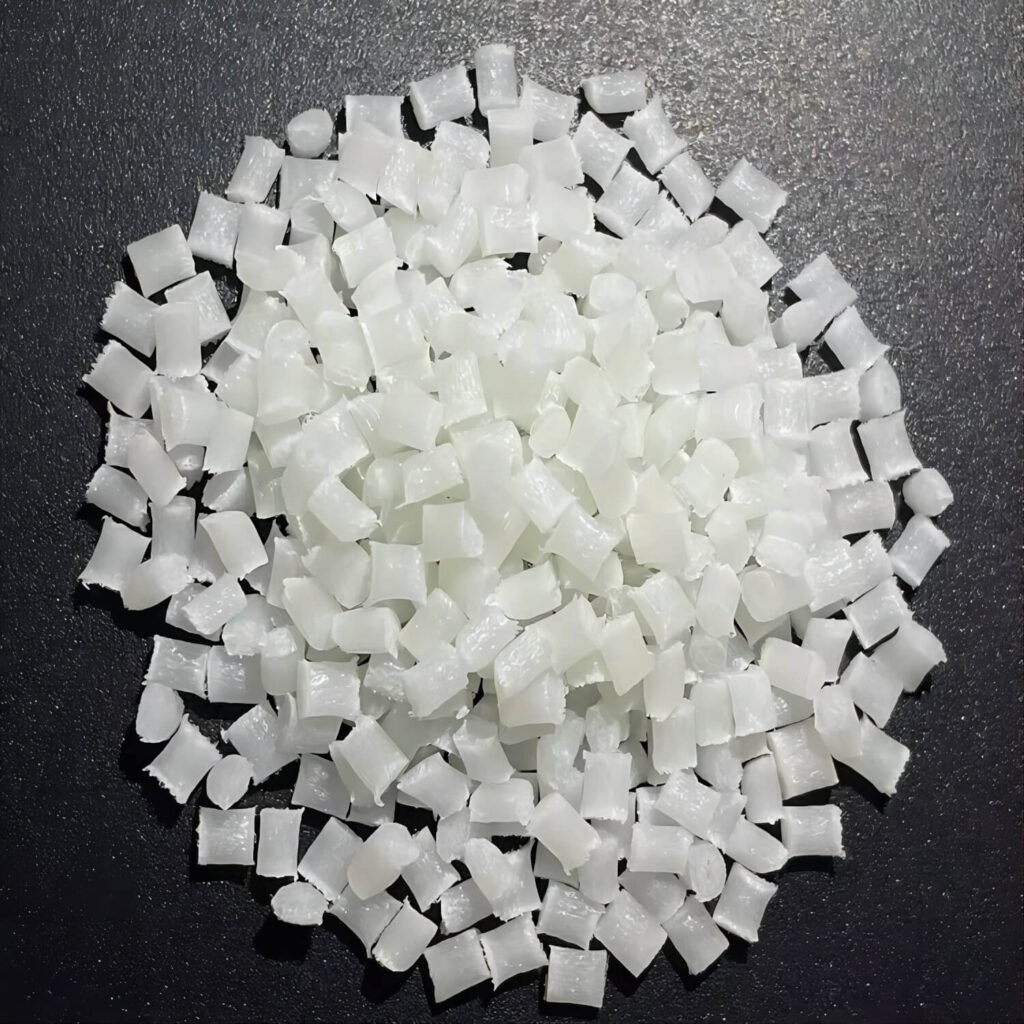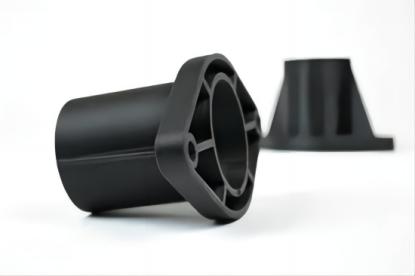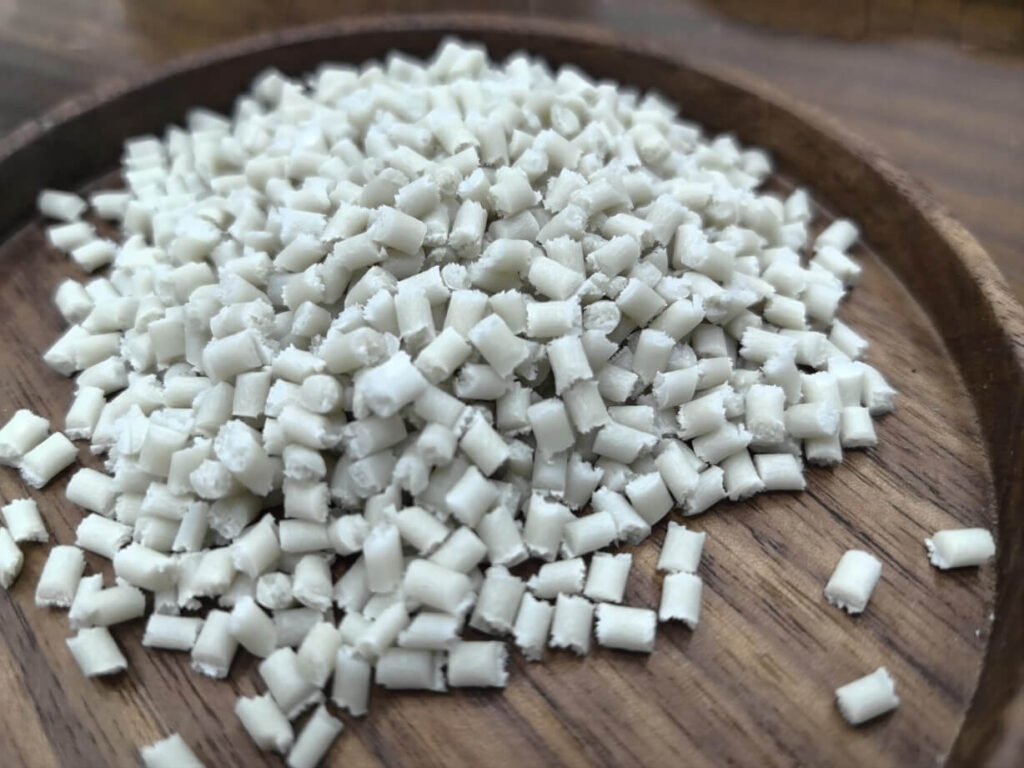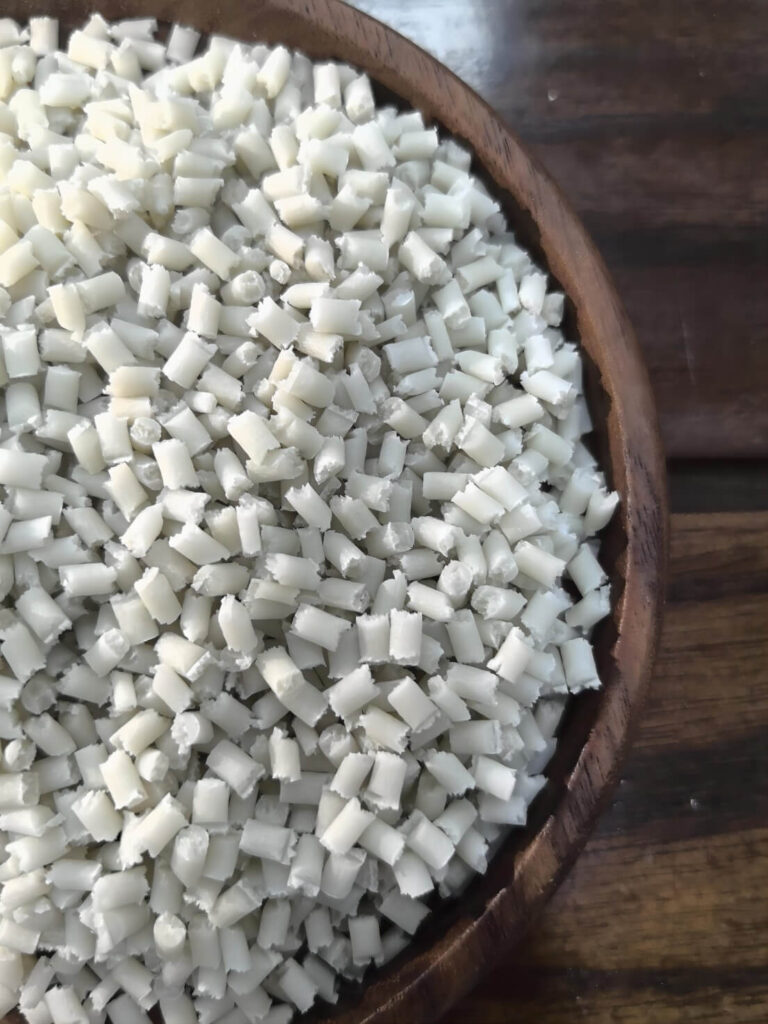Introduction of Nylon 6 Granules Nylon 6 granules have become an integral part of modern industries, renowned for their durability, versatility, and cost-effectiveness. This article explores the fascinating history of Nylon 6, from its inception to its current role across various sectors, while also considering its environmental impact and future potential. Origins of Nylon 6 […]
Category Archives: Blog
The Importance of Understanding Nylon Temperature Ratings Selecting the appropriate material for any application requires a deep understanding of its properties and limitations. When it comes to nylon, one of the most widely used synthetic polymers, understanding nylon temperature rating is vital. This knowledge ensures that the material performs optimally under the conditions it will […]
Introduction of PA12 HP Nylon Polyamide 12, more commonly referred to as PA12, is a versatile and high-performance thermoplastic that has captured the attention of various industries. This article focuses on PA12 HP Nylon, a variant known for its outstanding strength, durability, and resistance to environmental factors. We will examine the composition of PA12 HP […]
Use of Nylon 66 in Automotive Industry In the automotive sector, Nylon 66’s robust properties are indispensable. This polymer is extensively used in creating various car parts such as engine components, transmission systems, and suspension systems. Its strength ensures that these parts can withstand high stress, while its durability reduces the frequency of replacements and […]
Introduction to Polyamide Breathable Fabrics Polyamide, also known as nylon, is a synthetic polymer derived from petroleum-based chemicals. Known for its strength, durability, and resistance to abrasion, polyamide is an ideal choice for various applications. This section will provide an overview of polyamide’s key properties and its breathability. Understanding Polyamide and Its Properties Polyamide […]
The Rise of Polyamide PA6 CF Polyamide PA6 CF has become increasingly popular due to its remarkable strength-to-weight ratio and versatility. Derived from a synthesis of nylon and carbon fiber, this material represents the next frontier in composite technology. Its unique properties are especially valuable in sectors where performance and efficiency are paramount. Exceptional […]
Introduction: The Power of PA12 CF15 in Modern Manufacturing In the realm of advanced materials, PA12 CF15 stands out as a game-changer. This composite, comprising polyamide 12 (PA12) reinforced with 15% carbon fiber (CF15), combines the best attributes of both materials, resulting in a blend that is exceptionally strong, lightweight, and durable. The adaptability of […]
What is PA612 GF33? PA612 GF33 is a specialized polyamide 6 compound, a category of plastics celebrated for their robust mechanical properties and versatile applications. The “GF” in PA612-GF33 stands for “glass fiber,” indicating that the polyamide is reinforced with glass fibers to enhance its strength and durability. The number “33” represents the specific grade […]
Introduction of Plastic Reinforced Glass As the demands of modern technology and architecture evolve, the need for materials that offer a balance of aesthetics, strength, and safety becomes paramount. Plastic reinforced glass (PRG) has emerged as a revolutionary solution in this regard. Combining the transparency and elegance of traditional glass with the robust properties of […]
Plastic Reinforced Glass: The Material at a Glance Plastic reinforced glass stands out as a revolutionary material in the architectural world. It is crafted by placing a thin, high-quality glass layer between two robust plastic layers. This unique structure offers exceptional strength and impact resistance while maintaining the clear, elegant appearance of traditional glass. Additionally, […]

